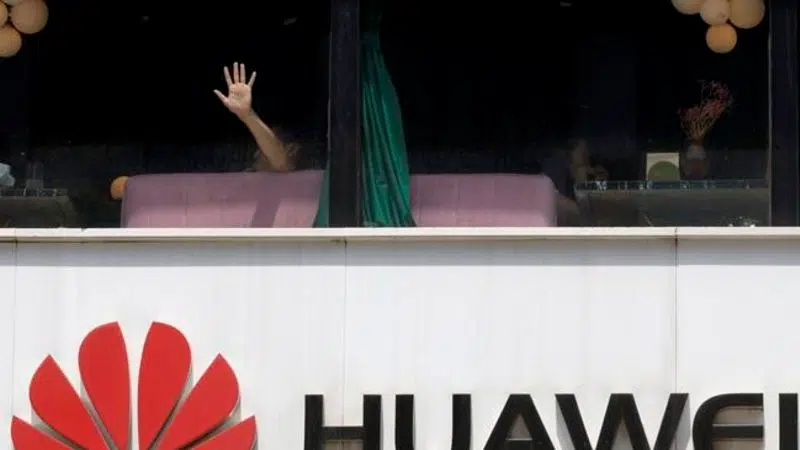
Huawei hit by US export controls, potential import ban
In a fateful swipe at telecommunications giant Huawei, the Trump administration issued an executive order Wednesday apparently aimed at banning its equipment from U.S. networks and said it was subjecting the Chinese company to strict export controls.
Huawei would be the largest business ever subjected to the controls, a law enforcement measure that requires it to obtain U.S. government approval on purchases of American technology, said Kevin Wolf, who had been the assistant secretary of commerce for export administration in the Obama administration.
“It’s going to have ripple effects through the entire global telecommunications network because Huawei affiliates all over the planet depend on U.S. content to function and if they can’t get the widget or the part or the software update to keep functioning then those systems go down,” he said.


